In our tenth Sighting we reflect on the ‘changing weather’ and ask how we can stem the tide and nurture more warmth, connection and positivity.

From doubting to trusting and back again?
We’ve heard how conspiracy theories that originated in the US have made their way over to the UK, pointing to a growing distrust between citizens and the state.
He continues, “We should remember that an attraction towards conspiracy theories is normally an indication of vulnerability and a lack of social identification with a powerful out-group; responding using “the facts” is unlikely to be effective – listening through the allegation in order to hear the un-met needs and responding accordingly is much more likely to build trust.”
The disillusionment phase?
Shifts in public sentiment of this kind following major disruptions are not unprecedented. SAMHSA lays out six phases of disaster, stage five being ‘disillusionment’.
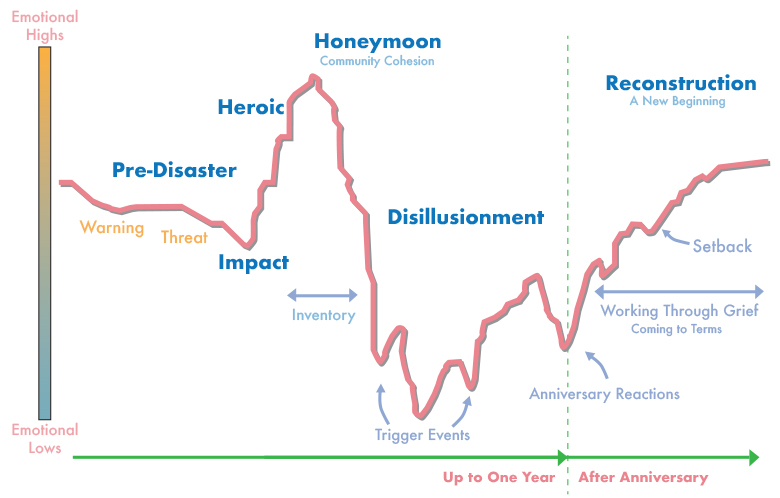
Source: SAMHSA Phases of Disaster
Back in March, April and into May we heard stories of heroism (stage three) and community cohesion (stage four). SAMHSA explains that during these phases “there is a sense of altruism, and many community members exhibit adrenaline-induced rescue behavior…disaster assistance is readily available. Community bonding occurs. Optimism exists that everything will return to normal quickly”.
The honeymoon phase is typically short lived, however, and replaced by disillusionment. “During the disillusionment phase, communities and individuals realize the limits of disaster assistance. As optimism turns to discouragement and stress continues to take a toll…The increasing gap between need and assistance leads to feelings of abandonment”.
This chimes with what we’ve been hearing lately:
Reasons to be positive
Whilst distrust, apathy, tension and scapegoating appear to be on the rise, we’ve been reminded that there are still reasons to be optimistic:
As Lockdown began they contacted Warwick hospital with an offer to deliver chemo drugs to patients’ homes as well. Four weeks later they were on the road “‘We cant be the stumbling block. We just need to make it work’ were the words of the Information Governance lead at Warwick Hospital. No DBS checks (because they weren’t needed) quick and simple telephone consent sought from patients, information shared. A loose three month agreement drawn up. ‘We don’t typically do that but they were itching to get started, and we were in the middle of an emergency. We knew some things would work and some things wouldn’t but not which ones so we just thought we can stock take as we go’ said the NHS manager who brought all the bits of puzzle together to make it happen. The can do approach flourished as a result of the pandemic and it is all going so well that another local hospital has come on board. All the Undercurrents we spotted in the Moment We Noticed – trust, collaboration, personalised provision and a can do spirit combining to brilliant effect!
Thanks to this week’s contributors
The Observatory is a voluntary collaboration led by the Relationships Project. We are dependent on the eyes and ears of our observers and partner organisations and we need more.
The voices heard this week include Diane Coles, Neil Denton, Karen Pilkington, Len Rosen, Jade Ward and Clare Wightman.
Read more
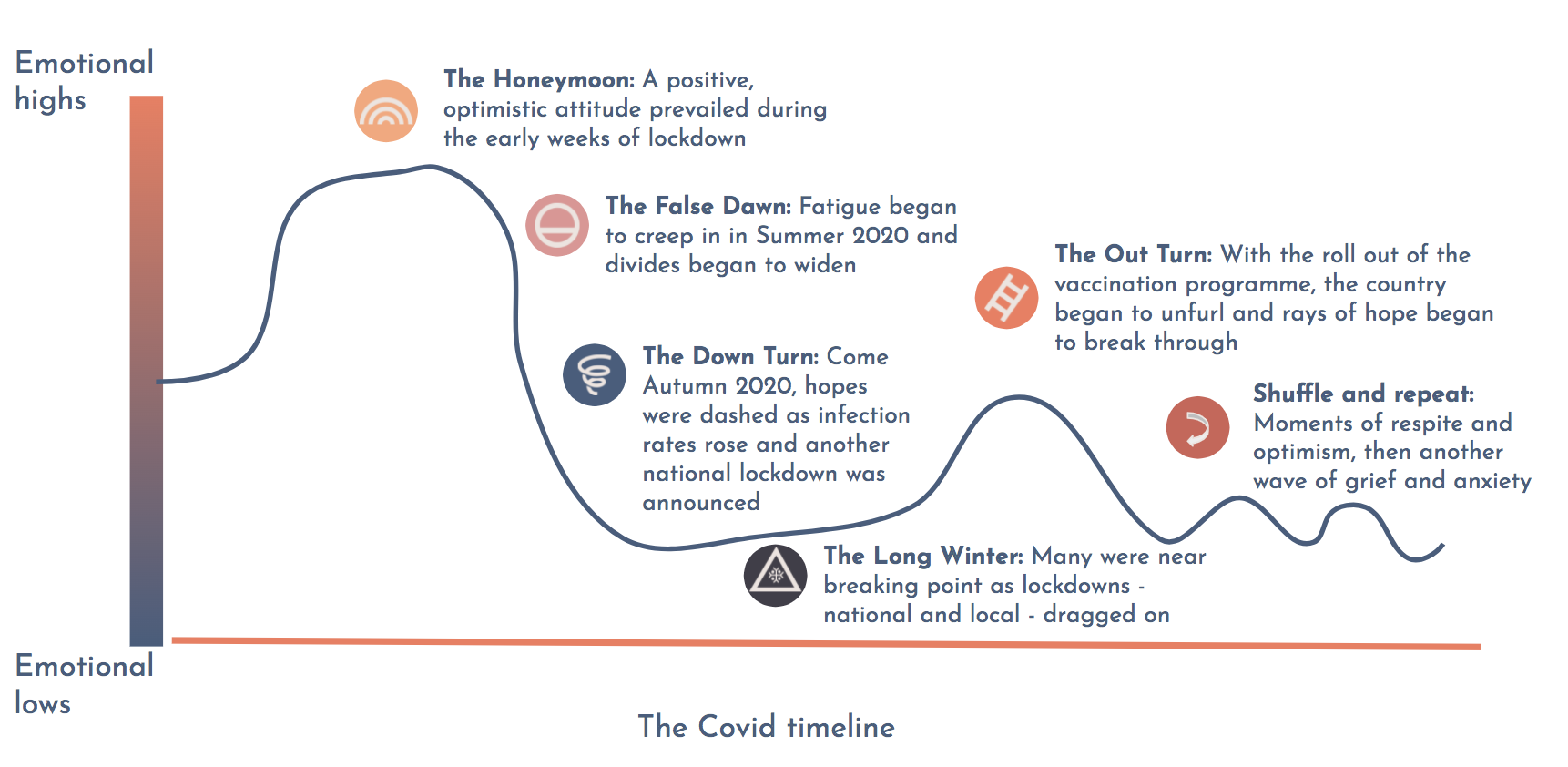
Where are we now?
In brief In this milestone blog David Robinson takes the temperature as we approach the second anniversary of Covid 19. The UK is stuck in a pattern of “shuffle and repeat” with fears for the future, but also the possibility of hope.The past two years have caused...
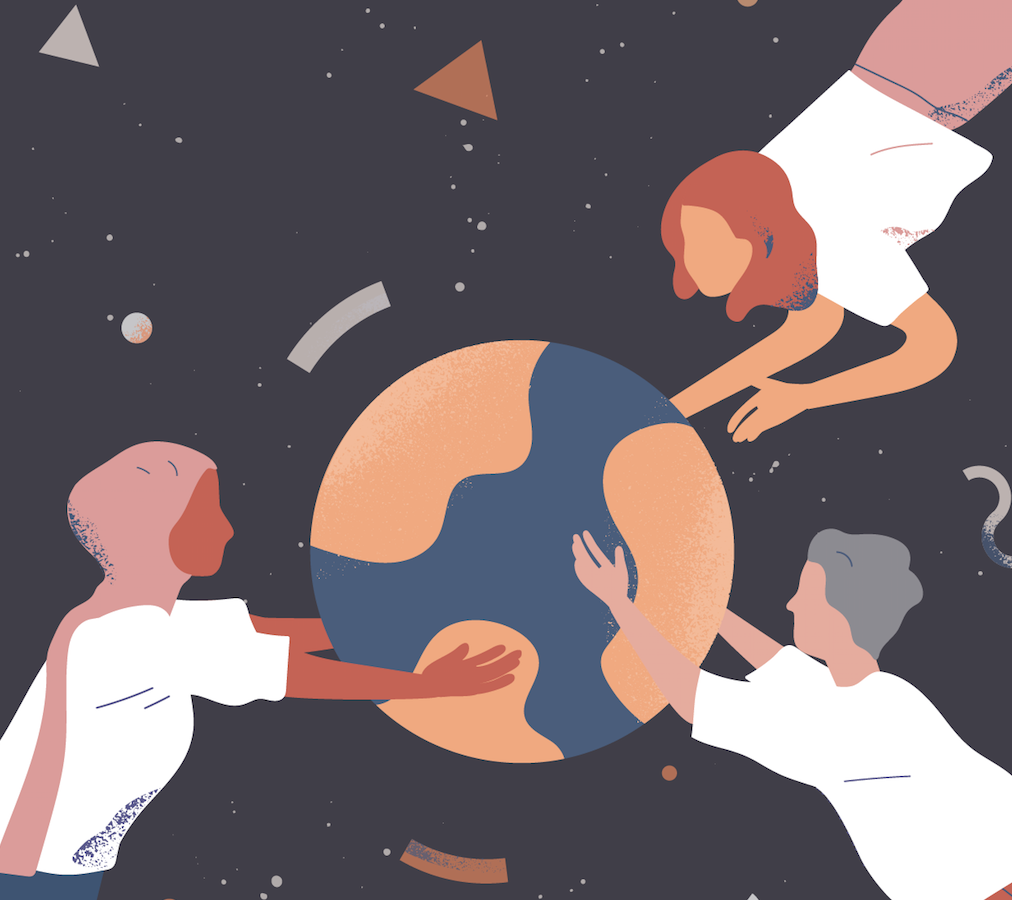
Togetherness
In brief In this, our last blog of 2021, we look back on another year of disruption and pain and remind ourselves of the patches of light and the power of relationships in helping us to heal. It has taken a long time to get here, but I do have more than one person I...
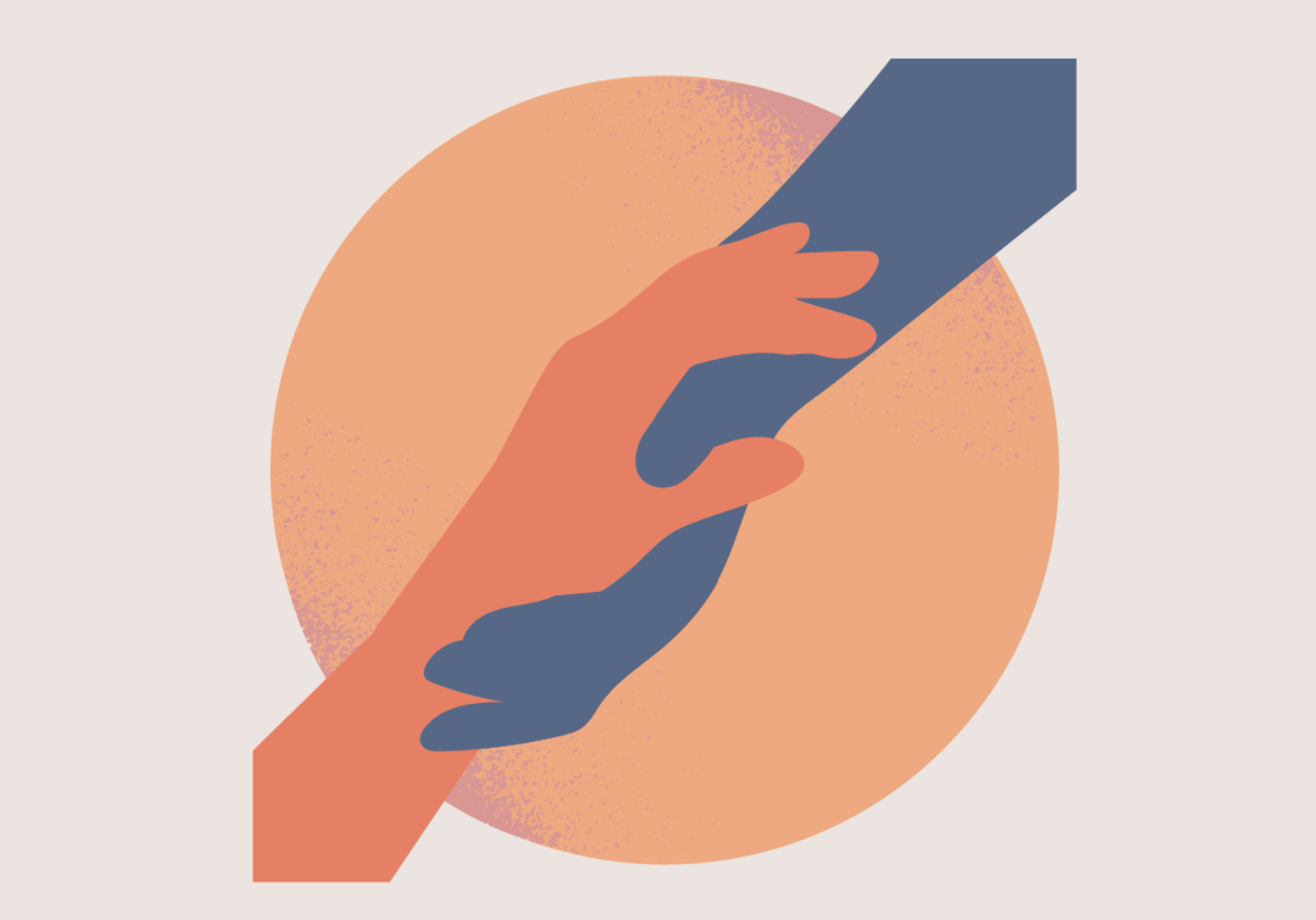
Sustaining and evolving the best of Mutual Aid
In brief In this blog, David explores the possibilities for Mutual Aid 2.0 and shares our plans for a peer sharing group for anyone interested in the question of how we nurture and sustain community activity into the future. A year ago, You Gov research, undertaken...
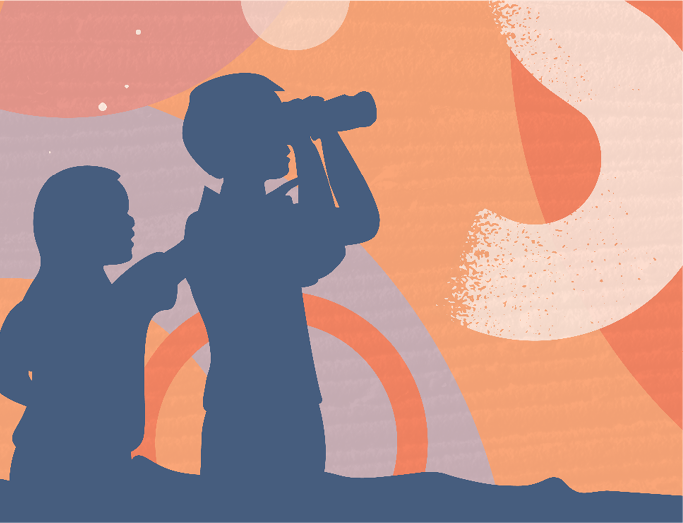
Lookout Sighting #3: Well connected or connecting well?
The Lookout is a space for understanding how life has changed for young people during Covid. During recent Lookout discussions, the double-edged nature of digital connection has come up frequently. In this Sighting, we explore the complex effect of digital technology...
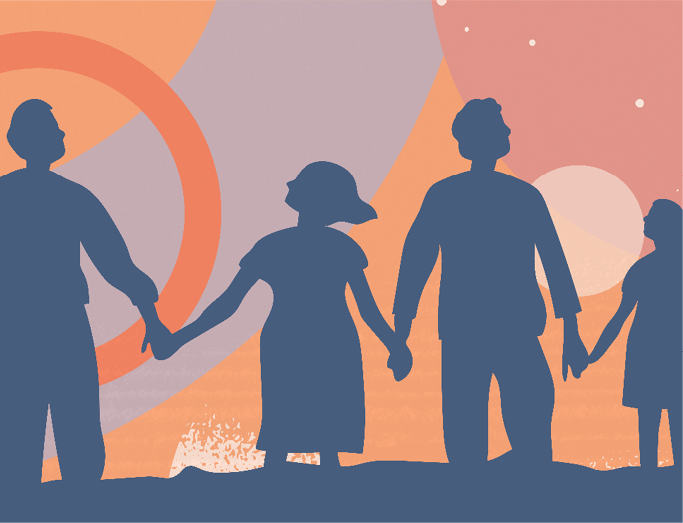
Lookout Sighting #2: Lost rituals and new routines
The Lookout is a space for understanding how life has changed for young people during Covid. We're primarily hearing from young people directly but recently hosted a discussion with parents and professionals working with young people. This Sighting shares a key theme...
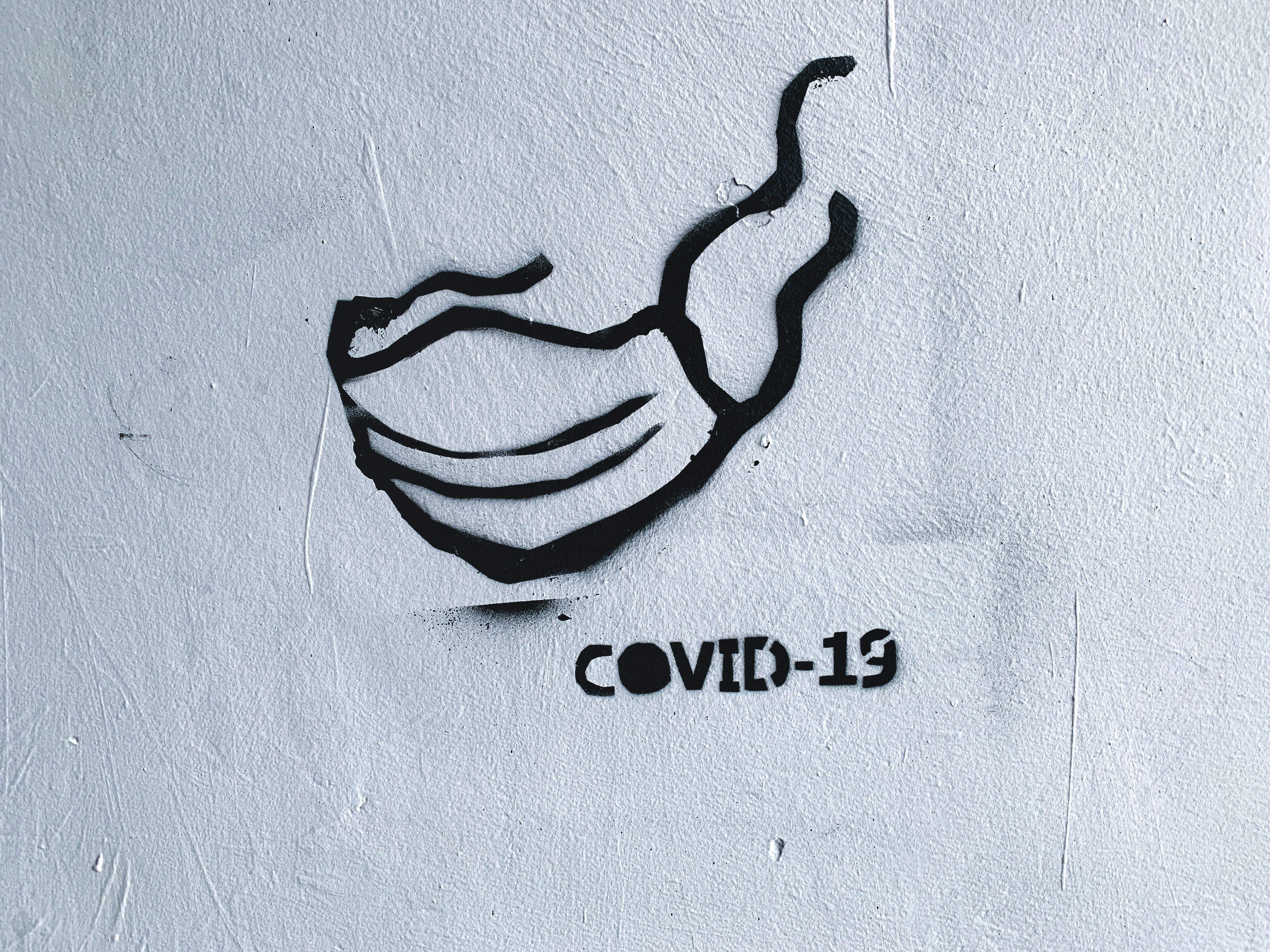
Is that it?
In brief In this blog, we explore the long tail damage of the pandemic and oscillating community activity, and we ask for your thoughts on the best role that we can play here at The Relationships Project. On 10/11, we're convening a conversation to explore how best to...
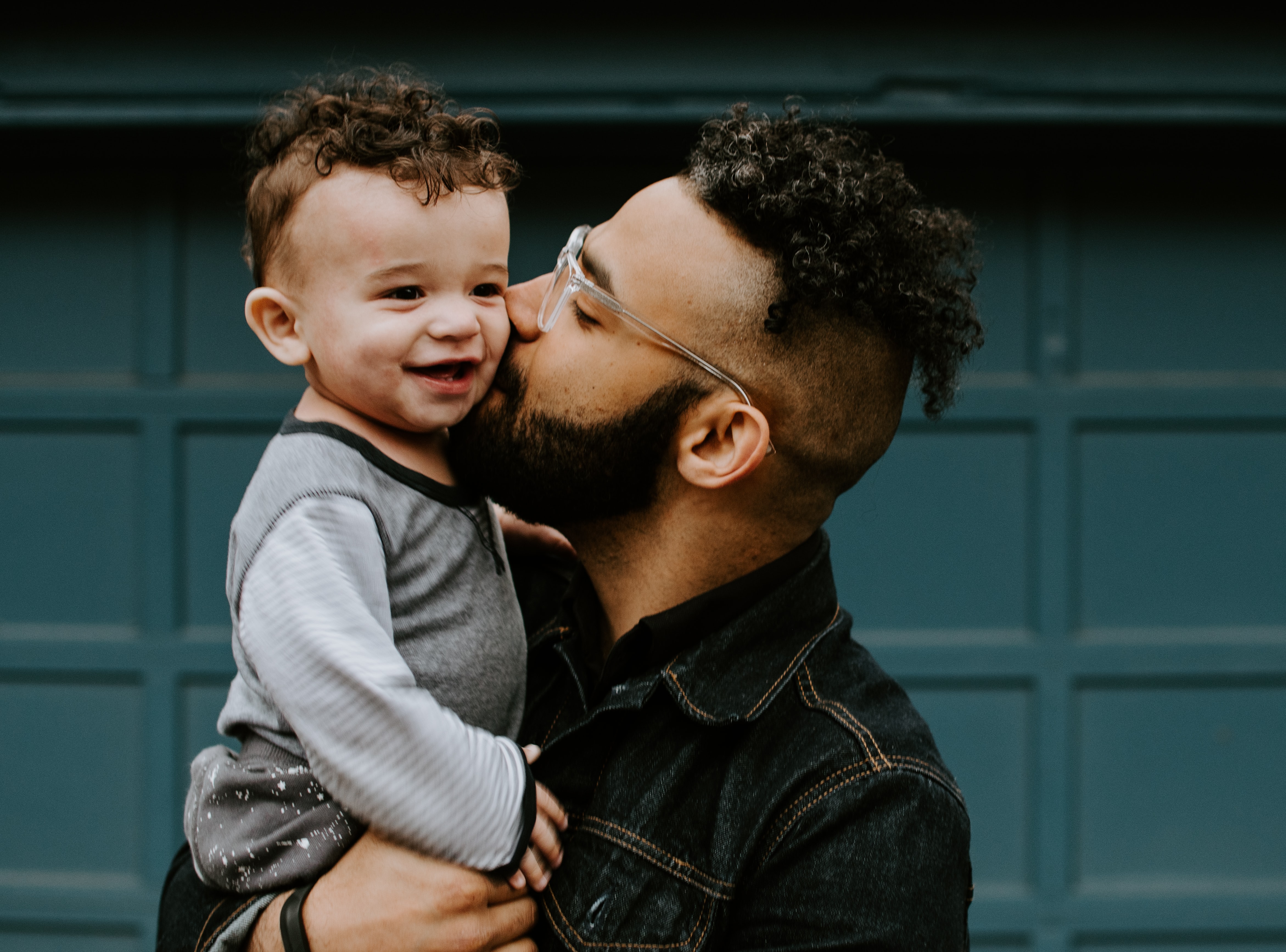
Observatory Sighting 14: Lockdown and deep-tissue damage
In this Observatory Sighting, we explore acute, long-term and easily overlooked 'deep-tissue' damage resulting from relationship upheaval during lockdown and enforced separation. As we move towards the Out Turn, we must recognise and repair this damage. We recently...
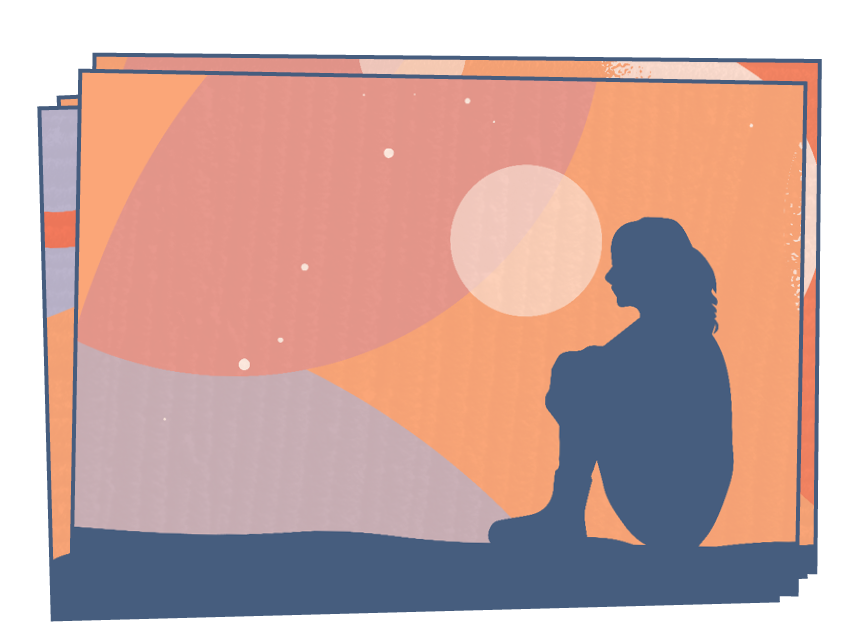
Lookout Sighting #1: School, stress and a summer of catch-up
Over the past 18 months, we’ve been hearing about adults’ experiences of lockdown through The Relationships Observatory. Now, in partnership with Summer of Play, we’re hearing from children and young people about how the past year and a half has been for them, and...
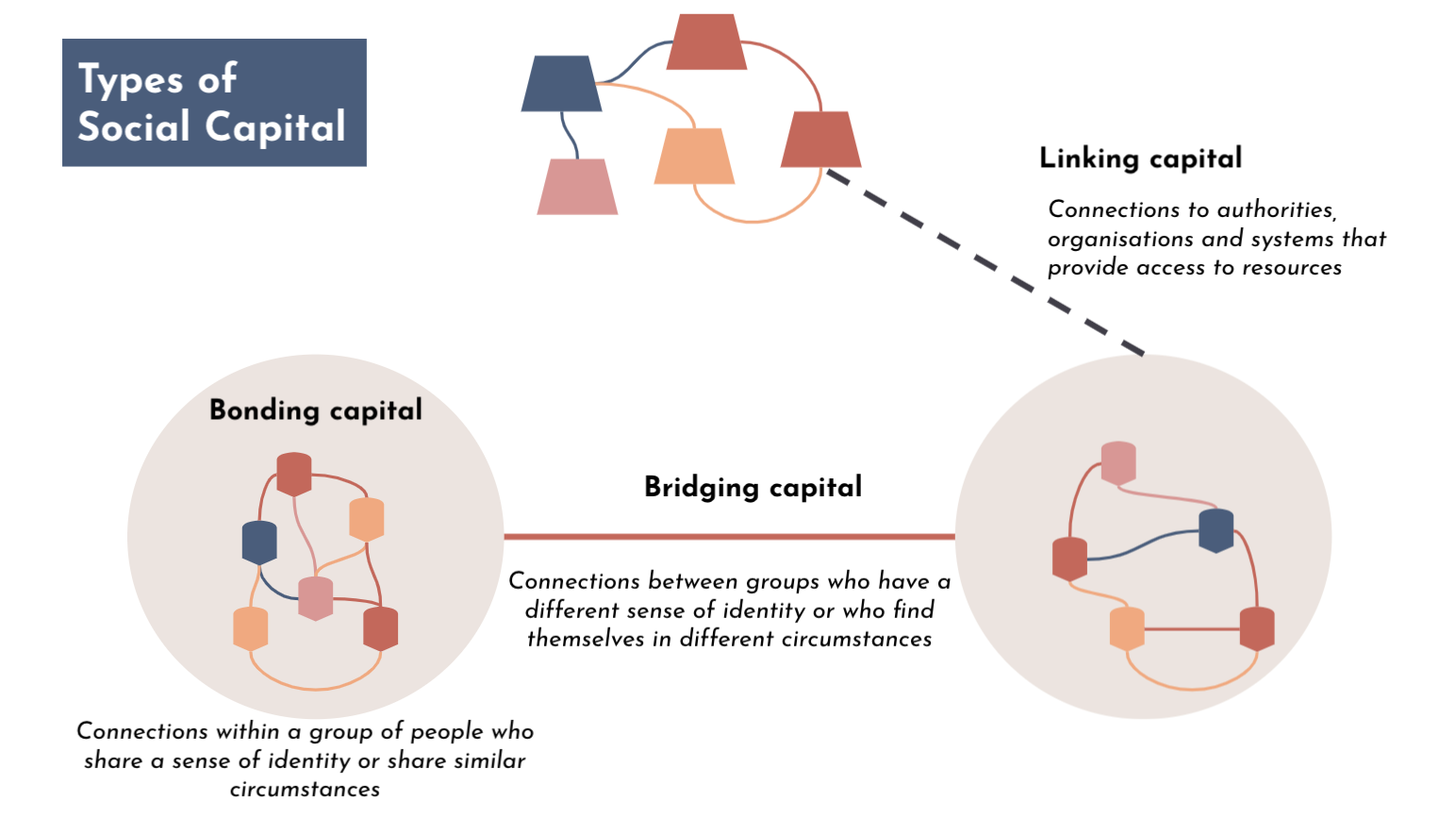
Covid, Cohesion and Building Bridges
In brief In this blog, Neil Denton lays out the importance of building bridges across lines of difference as we move into the next stages of the pandemic and shares an invitation to get involved in our Bridge Builders pilot. Neil is a leader in community mediation and...

Frauke – Spirit of Lockdown #7
As part of our open call to Share your Story, we received this #SpiritOfLockdown account from Frauke. Frauke set up and managed a local Whatsapp group in her community which Basil the dog played a big part in, keeping spirits high and helping forge community...
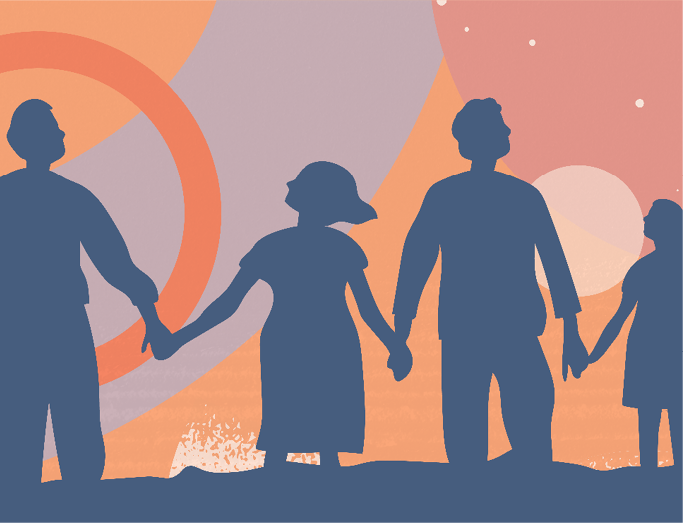
Honouring, celebrating and exploring the voices of young people
In brief On 27th July 2022, we co-hosted an event with Save the Children to celebrate and explore the stories that young people shared with us through The Lookout. We were joined by two of our Chief Listeners - Mete Coban and Kirsty McNeil - who shared their...
